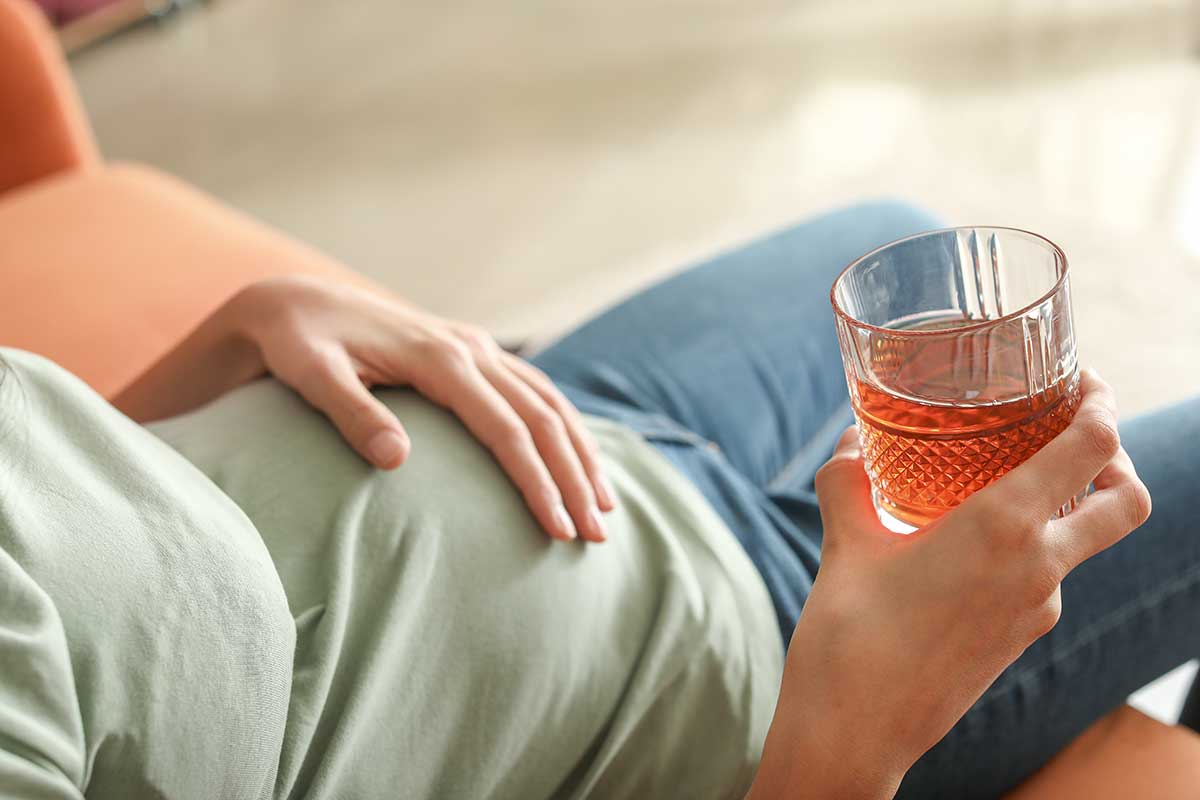When asking about the importance of Fetal Alcohol Syndrome (FASD) Awareness Day, keep in mind that this condition is preventable, and education plays a big role in keeping kids safe. Fetal alcohol syndrome affects as many as nine out of every 1,000 children in this country.
The more women that understand how alcohol can impact their developing baby, the more likely it is that they will take precautions to prevent FASD. The importance of Fetal Alcohol Syndrome Awareness Day is to spread the word about this potentially fatal disease. Early detection can reduce problems for children that have it, so learning the signs can help children in your community.
For women who are struggling with alcohol abuse while pregnant, an alcohol addiction treatment center can help them recover.
What Is Fetal Alcohol Syndrome?
Fetal alcohol syndrome causes brain damage and growth issues in children exposed to alcohol while still in the womb. Medical science indicates that no amount of alcohol is safe for a woman expecting a baby.
Children with FASD exhibit both physical and mental issues such as:
- Poor balance
- Slow growth rate
- Limb deformities
- Small head circumference
- Small brain size
They may have intellectual disabilities and delayed development as a result of the condition. In addition, these children may exhibit social and behavioral problems, such as fighting, poor impulse control, and trouble adapting to change.
What Is Fetal Alcohol Syndrome Awareness Day?
Fetal Alcohol Syndrome Awareness Day falls on the ninth day of the ninth month every year to make it easy to remember. The goal of this day is to spread a message: plan to have a healthy baby by avoiding alcohol during pregnancy. It is also a reminder to women who want to have a child or who are sexually active about the potential harm alcohol can have on a growing fetus.
Women who want to have a child or who are pregnant might require treatment at an accredited facility like Westwind Recovery® to stop drinking safely. The sooner you stop, the better the outcome for both mother and baby.
How Can You Participate in Fetal Alcohol Awareness Day?
Find out what you can do to spread awareness this year. There are plenty of options. For example, you could start a social media community for young women and discuss the dangers of drinking while pregnant as well as the effects that alcohol abuse can have on a baby.
Talk to the city council or mayor’s office to see about having public events. You could even just go on social media and ask everyone to post about the day to get the word out. You might be surprised how fast the shares add up.
If you are a woman who wants to have a baby, is pregnant, or knows someone who has a drinking problem, it’s also a good idea to look into alcohol addiction treatment. Westwind Recovery® is an addiction center and sober living program in Los Angeles, California.
The first Westwind Recovery® residence opened in 2014. Today, there are seven sober living houses, each with a specialty, and there are 12 total locations from West Hollywood to Woodland Hills. Some residencies offer amenities, too, such as private and semi-private rooms, swimming pools, access to laundry facilities, and patios or backyards. There are even pet-friendly options available.
Contact Westwind Recovery®
At Westwind Recovery® you’ll find:
- Six residential beds
- Six detox beds
- 80 outpatient slots
- Family therapy
- Medication-assisted treatment
- Trauma therapy
Westwind Recovery® specializes in an adventure therapy program as well. Through adventure therapy, you can enjoy monthly outings to hike, surf, snowboard, camp, and so much more.
If you or someone you love is struggling with alcohol addiction or needs information about treatment, give our experts at Westwind Recovery® a call at 855.340.8832 today to find out more.

Dr. Deena is the Chief Clinical Officer of Westwind Recovery®, an award-winning outpatient treatment center in Los Angeles where she oversees the clinical and administrative program and treatment methods. Dr. Deena is a doctor of psychology and licensed clinical social worker since 1993. LCSW #20628. Originally from the East Coast, Dr. Deena has worked running treatment centers, worked as a therapist in psychiatric hospitals as well as school settings and currently has a thriving private practice in the LA area. Dr. Deena has appeared regularly on the Dr. Phil Show as an expert since 2003. She has also been featured on many other TV shows, podcasts and has contributed to written publications as well as podcasts.



